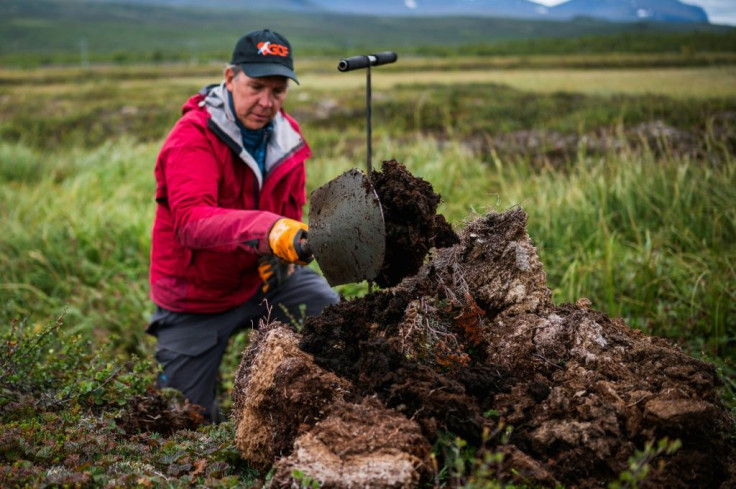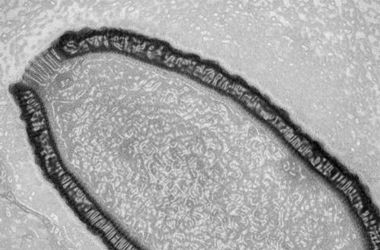Zombie Virus Revived After Being Frozen For 48,500 Years; Causes Health Concerns

KEY POINTS
- The newly-discovered pandoravirus infects only single-cell organisms and does not pose a threat to the public
- The research team said novel diseases caused by reanimated ancient viruses would be disastrous to humans
- A scientist said the Arctic region, where permafrost is found, is under threat by both climate change and human activities
Scientists from the French National Centre for Scientific Research have revived a virus that had been under the Siberian permafrost for about 48,500 years.
The Times reported that the ancient pathogen was named "pandoravirus." It had been trapped under a lake bed in Yakutia in Siberia for 48,500 years, the oldest "live" virus to be unearthed as of this time.
The pandoravirus infects only single-cell organisms and does not pose any threat to humans.
Science Alert reported that the pandoravirus is one of the 13 distinct viruses outlined in yet to be published study, with nine of them thought to be tens of thousands of years old.
Scientists said the microbe's capability of infecting cells despite being trapped for thousands of years is causing concerns about "zombie viruses" emerging underneath.
Microbiologist Jean-Marie Alempic, who leads the research, said further studies need to be done to assess if the emerging "zombie viruses" pose a significant threat to public health.
Her team warned that in the wake of the Corona Virus Disease of 2019 (COVID-19), novel diseases caused by reanimated ancient viruses would be disastrous.
"It is therefore legitimate to ponder the risk of ancient viral particles remaining infectious and getting back into circulation by the thawing of ancient permafrost layers," researchers wrote in their paper.
Their research paper also highlighted the effects of thawing permafrost in exacerbating climate change.
"Due to climate warming, irreversibly thawing permafrost is releasing organic matter frozen for up to a million years, most of which decompose into carbon dioxide and methane, further enhancing the greenhouse effect," researchers said.
In 2014, scientists revived two 30,000-year-old ancient viruses also found in the Siberian permafrost.
Professor Jean-Michel Claverie told the BBC that the Arctic region, where the viruses were found, is under threat by climate change and human activities.
Claverie said the permafrost is becoming more accessible to the public and may become a hotspot for industrial explorations.
The scientist added that rising human activities, such as gold or diamond mining and oil drilling, may unearth unknown viruses that pose a high risk to humans.
In 2016, an anthrax outbreak in northern Siberia killed a child and hospitalized 72 people attributed to a heatwave that melted permafrost, exposing an infected reindeer carcass, the Guardian reported.

© Copyright IBTimes 2024. All rights reserved.






















